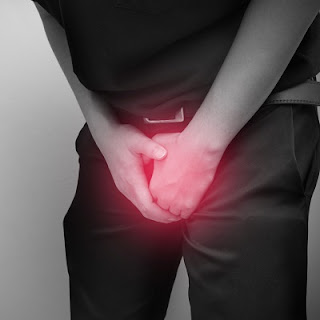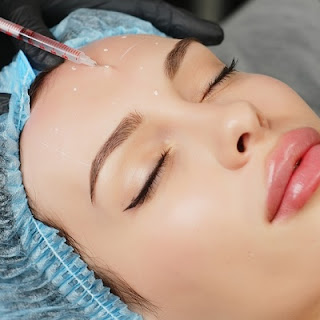If someone has had oral sex with someone who has them, these warts can potentially develop in the mouth or throat.
Genital warts resemble warts that one may develop on their hands or other parts of the body. This is because different HPV strains, including genital warts, are the root cause of all warts.
After an HPV infection, genital warts can develop weeks, months, or even years later. Some HPV carriers have no symptoms at all. Because of this, it is possible for someone to have genital warts even if they haven't had recent sexual activity.
Some HPV carriers have no symptoms at all. Because of this, it is possible for someone to have genital warts even if they haven't had recent sexual activity. Except when someone scratches them or they catch on something, genital warts do not result in sores, bleeding, or open wounds.On or around the genitals, discoloured spots, rashes, or bleeding typically signify the presence of another condition, such as herpes or a skin infection.
The following are some signs that could point to genital warts as the cause of the pimples on the genitalia:
- The lumps are slightly darker or skin-colored.
- The lumps can be found alone or in clusters that may resemble cauliflower-shaped bumps.
- There could be rough, smooth, flat, or raised bumps.
The pimples typically do not hurt, although they may itch.What brings about genital warts?
Genital warts are brought on by HPV. This is the STI that Americans contract the most frequently. Skin-to-skin contact with an infected person, frequently during vaginal, anal, or oral intercourse, is how the HPV strain that causes genital warts spreads. However, genital warts can still spread if there is no penetration and a person is asymptomatic. Any anal, vaginal, or penile contact could result in HPV transmission. Even in the absence of HPV symptoms, this is still possible.
Given that they do not completely cover all of the body parts where the infection may spread, condoms do not completely protect against HPV, according to Trusted Source.
However, they can lessen the likelihood of HPV spreading.
While genital warts are not harmful, some people may not enjoy the way they seem.
The risk of cancer may be increased by an HPV strain other than the one that causes genital warts. The following malignancies are associated with the HPV strain and a greater risk:
throat tumour
Vaginal and vulvar cancer
prostate cancer
throat cancer
ovarian cancer
The World Health Organization (WHO)Trusted Source states that HPV infection "may be attributed to nearly all occurrences of cervical cancer."
While other HPV strains carry a higher risk of developing cervical cancer, the HPV strain that causes genital warts has low risk.
A strain of HPV that raises the risk of genital warts may also be present in those individuals. Feeling of genital warts
Genital warts have been compared by some like little, rough cauliflowers.
The warts' external surface may feel either smooth or rough. Before they disappear, the warts may enlarge a little or alter in texture.
Although the skin beneath these warts may itch, the warts themselves typically do not harm. The warts could hurt if they catch on something, like undergarments.
If genital warts are not disturbed, they won't bleed. But walking or sex-related friction can aggravate or tear the warts. Warts can break open, bleed, or get infected as a result of friction or if they catch on something.
What else may result in genital bumps?
A person does not always have HPV just because they have bumps on or around their genitalia.
Other possible reasons for genital pimples consist of:
cysts or other skin growths skin infections from bacteria, yeast, or other organisms tumours, including both benign tumours and malignant growths other STIs, such as herpes or syphilis razor burn and other skin irritations, such as heat rash
When to seek medical help
There is no reliable test to identify HPV in both sexes.
dependable source Doctors can, however, use a Pap smear to check for HPV in female patients undergoing cervical cancer screenings.
After ruling out other possible diseases, doctors will frequently diagnose the ailment in many patients based solely on symptoms.
If a person experiences any of the following:
have warts or other blemishes on their genitalia
seeking a doctor's test for other STIs due to vaginal pain
A few tests can check for cancer that may be caused by HPV. Based on a patient's history of genital warts, a doctor might advise getting regular Pap smears or other tests.
Even if a person believes they have not been exposed to HPV, they should nonetheless see a doctor about any strange or new growths on their genitalia because it is impossible to self-diagnose HPV.
Prevention
It is possible to immunise both males and females against some HPV strains, including those that are responsible for the majority of cervical malignancies.
In most cases, medical professionals advise getting the vaccine before starting a sexual life and being exposed to any HPV strains.
Some younger persons, though, might still gain from immunisation.
Anyone who is interested in being vaccinated, either for themselves or their children, should speak with a doctor.
For more info: https://www.royalcosmeticsurgery.com.pk/genital-warts-removal.html




Comments
Post a Comment